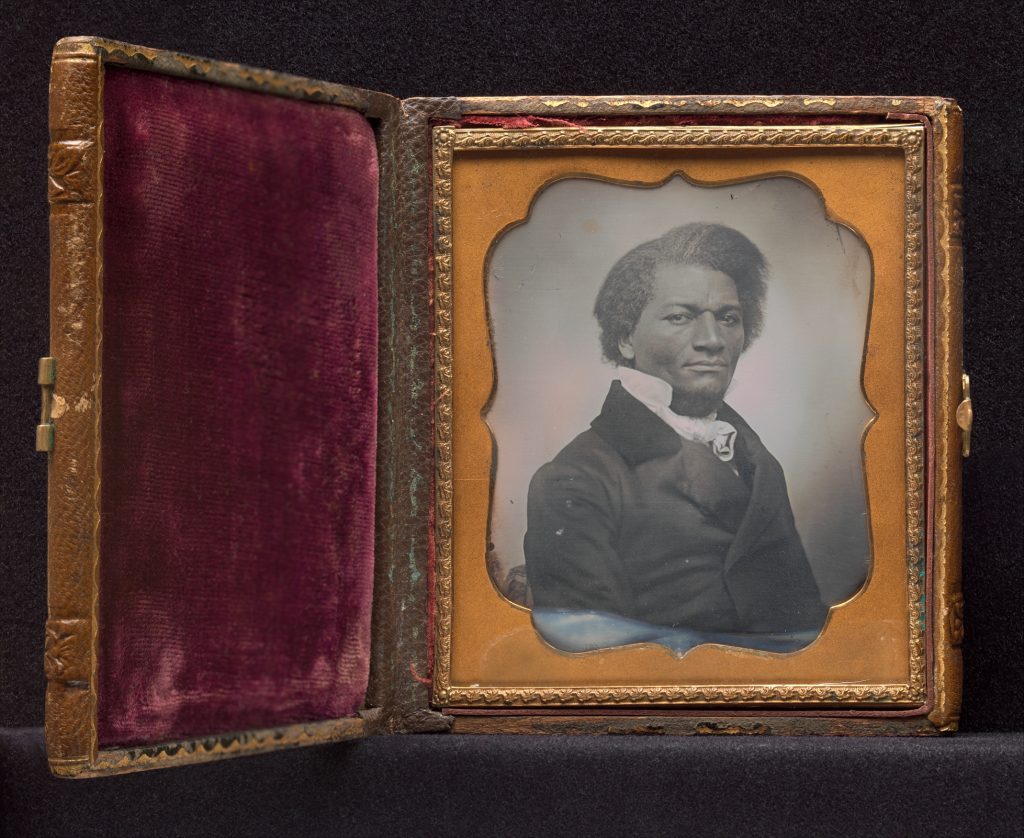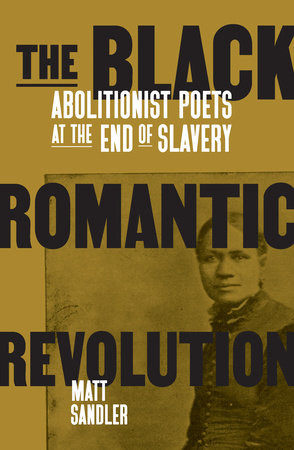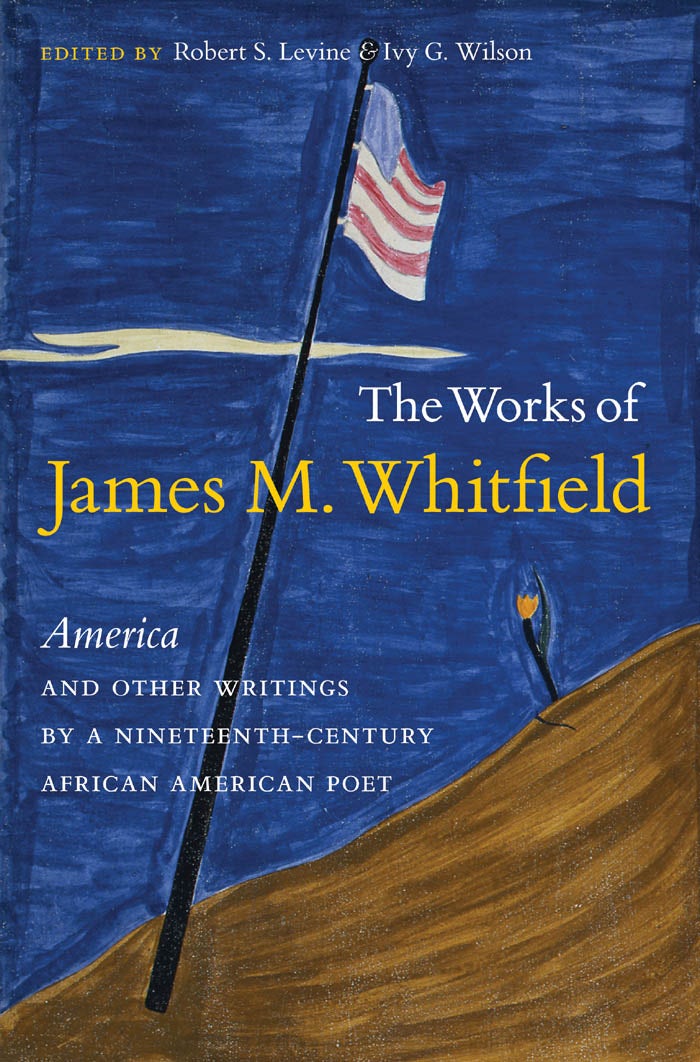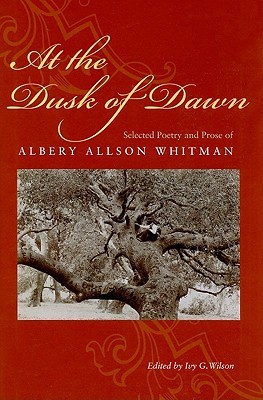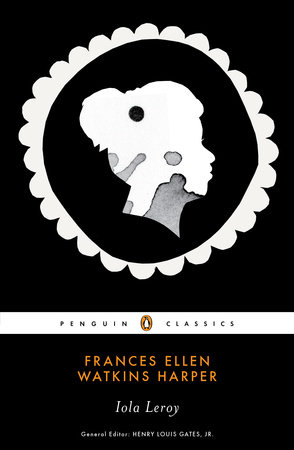Electric Lit relies on contributions from our readers to help make literature more exciting, relevant, and inclusive. Please support our work by becoming a member today, or making a one-time donation here.
.
The recent controversies and occasional toppling of Confederate monuments indicate, yet again, that the U.S. never really settled the conflict over slavery. Historian Eric Foner called the Civil War and Reconstruction “the unfinished revolution,” suggesting that the 19th-century promise of interracial democracy has never quite come to fruition. If this is true, Americans don’t even know how to make good on the ideas about equality which are supposed to form the core of our national identity.
My book, The Black Romantic Revolution, finds prophetic visions of the end of slavery among the Black poets of the abolition movement. Frances Harper, James M. Whitfield, and Albery Allson Whitman wrote poetry as a part of their work as activists. Working through the international movement in art and philosophy known as Romanticism, they represented abolition as a revolution. They saw the end of slavery as a chance to rethink problems which still bedevil American life today: the distortions of racism, the misuse of land and nature, the inequities of capitalism, and the brutality of sexual violence.
Below I’ve listed some books in which you can find examples of Black Romantic depictions of slavery and abolition. Because the Black Romantics wrote in prophetic terms, their premonitions of eternal consequences resonate eerily in our moment, with its resurgent white supremacy and imperious violence against Black communities. Abolition was always about more than just putting an end to slavery in the narrow, legal sense. Abolition in these visions is a living dream.
Lyrical Liberators: The American Antislavery Movement in Verse, 1831–1865 edited by Monica Pelaez
Monica Pelaez’s handy anthology makes an excellent place to start, with its contents organized into sections of poems about themes like fugitivity, death, motherhood, and atonement. The anthology includes a number of poems which appeared in Black and abolitionist newspapers, often by anonymous authors brimming with political feelings too risky to publish under their real names.
The Black Bard of North Carolina: George Moses Horton and His Poetry edited by Joan R. Sherman
George Moses Horton lived for most of his extraordinary life near the campus of University of North Carolina, Chapel Hill, where he “hired out” his time from his enslaver with money he earned writing poems. Two collections of his poems appeared while he was enslaved, and a third while he was living in the “contraband camps” of the Union Army as it passed through North Carolina. His poetry is intensely symbolic; he hoped to “rise sublime/ On wings of liberty.”
The Works of James M. Whitfield edited by Robert S. Levine, Ivy G. Wilson
James Monroe Whitfield worked as a barber while organizing for abolition and Black nationalism in upstate New York and California. He also wrote the most psychologically complex and historically sophisticated poetry of his day. His 1853 book America and Other Poems sets the “impending crisis” around slavery in the U.S. alongside contemporary revolutions in Europe, and describes his own temperament as a poet: “From earliest youth my path has been/ Cast in life’s darkest, deepest shade[.]”
At the Dusk of Dawn: Selected Poetry and Prose of Albery Allson Whitman
Albery Allson Whitman was freed from slavery by the Emancipation Proclamation as a teenager, and went to school at Wilberforce University in Ohio. He became known as the “Poet Laureate of the Negro Race” for his epic poems about life on the frontier. In depictions of Black and Native people fighting white settlers and falling in dangerously fugitive love, Whitman sought to instigate an “apocalypse of sentiment.”
Iola Leroy, or Shadows Uplifted by Frances E.W. Harper
Frances Ellen Watkins Harper had been writing and working as an activist in both the abolition and temperance movements for decades when she published her best-known work Iola Leroy in 1892. She was first known as a poet in the abolition movement before the war, but this late novel, here meticulously edited by Koritha Mitchell, is the easiest way to access her work in print at the moment. And its language is that of a poet, for instance when its heroine describes her contemporaries as a “living argument” for Black liberation.
The Slave’s Cause: A History of Abolition by Manisha Sinha
This award-winning recent history of the abolition movement centers the work of Black abolitionists in the struggle to end slavery. It also emphasizes the continuous, international scope of abolition across the Atlantic through the late 18th and 19th centuries. Sinha makes clear that abolitionists were not “single-issue” thinkers, but instead integrally linked to the activism of Native people, the working class, and women.
American Anti-Slavery Writings: Colonial Beginnings to Emancipation
This anthology surveys a range of fiction, prose, and poetry written in service of anti-slavery from the 17th to the 19th century. It follows the movement from the spiritual deliberations of the Puritans like Samuel Sewall to the reasoned arguments of Enlightenment-era founders like Benjamin Franklin, culminating with the stormy Romantic language of Frederick Douglass, Harriet Jacobs, and Ralph Waldo Emerson. Take note of Emily Dickinson, thinking like her Black contemporaries in prophetic terms: “Color—Caste—Denomination—/ These—are Time’s Affair—”
